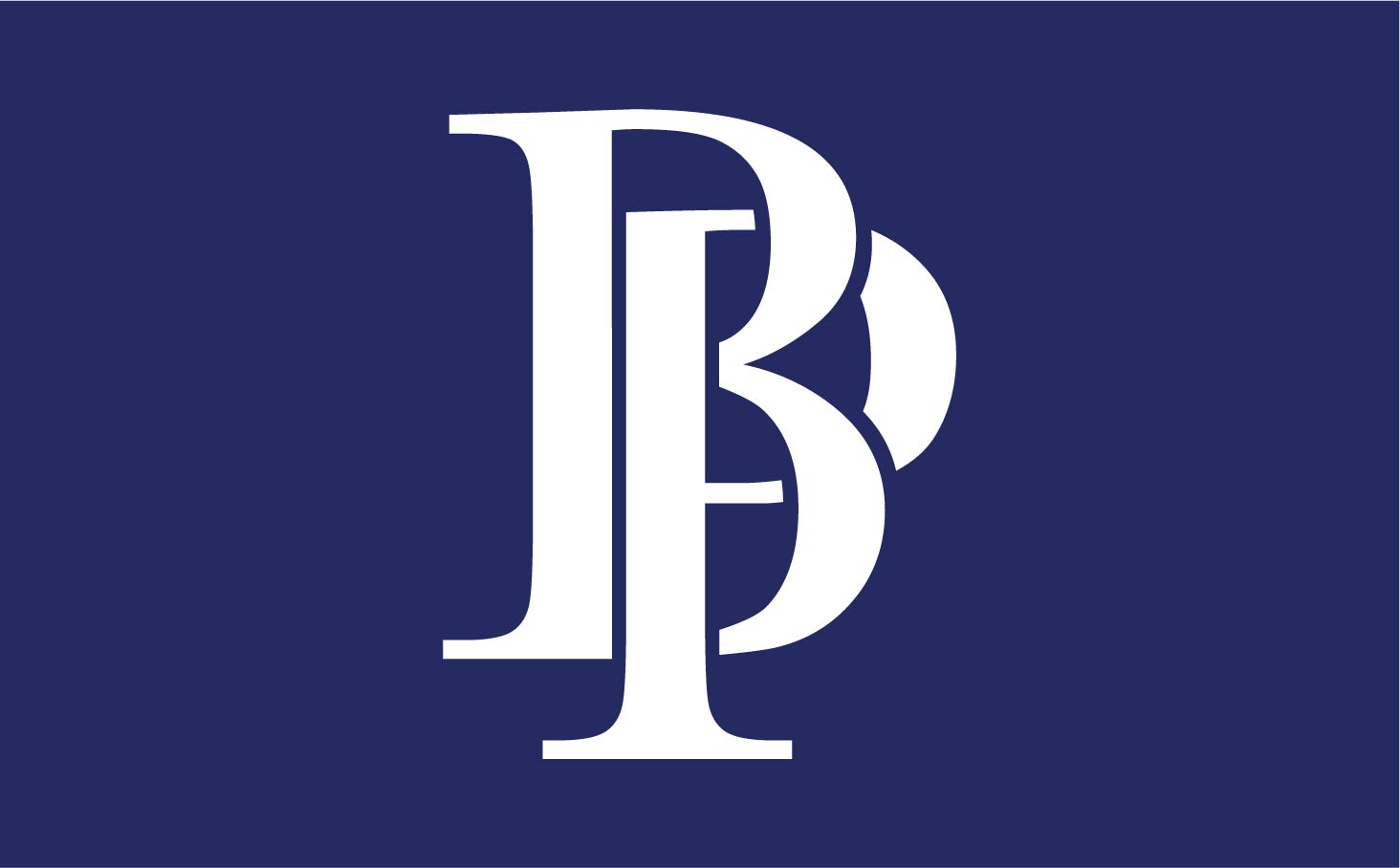
OMIG’s Proposed Regulations Could Require Substantial Changes to Medicaid Providers’ Compliance Programs
Medicaid enrolled health care providers in New York should be aware that on July 13, 2022, the New York Office of Medicaid Inspector General (“OMIG”) published proposed regulations that would substantially alter the compliance program requirements for all Medicaid enrolled health care providers and Medicaid managed care organizations (“MMCO”) and codify OMIG’s self-disclosure program. The public comment period for the proposed regulations summarized below will end on Sunday, September 11, 2022.
The proposed regulations would require Medicaid providers to include a provision in their contracts to oblige vendors to comply with the compliance program and permit the provider to terminate the contract for failure to do so. The proposed Subpart 521-1 provides for the provision of additional requirements for an effective compliance program and amends the definition of a “Required Provider” obligated to adopt and implement effective compliance programs to now include Medicaid managed care organizations (“MMCO”) or Long-Term Care Providers (“MLTC”), in addition to any entity subject to Article 28 or 36 of the Public Health Law or Article 16 or 31 of the Mental Hygiene Law.
MMCO’s with 10,000 or more enrollees are currently required to incorporate a fraud, waste, and abuse prevention program into their compliance programs, but Subpart 521-2 would expand applicability to MMCO’s of all sizes, regardless of enrollment. The proposal also would require MMCO’s with 1,000 or more enrollees to establish a full-time Special Investigation Unit (“SIU”) comprised of one full-time investigator and one director. An additional investigator must be employed for each 60,000 enrollees for most MMCOs or for each 6,000 enrollees for MLTCs, unless OMIG gives prior approval for alternative staffing levels. The proposed regulations impose on MMCOs the obligation to audit, investigate, and report cases of fraud, waste, or abuse to OMIG, and further mandate the scope of such audits to encompass clinical and billing records to ensure services were provided and billed appropriately. The proposed regulations also provide OMIG the ability to conduct an independent review of provider/MMCO compliance programs and impose monetary penalties or terminate provider participation in the Medicaid program based on the results of such review. Medicaid enrolled providers should expect enhanced scrutiny of claims as a result of this requirement.
The proposed Subpart 521-3 would codify subsection 7 of Section 363-d of New York’s Social Services Law, which became effective on April 1, 2020. The proposed regulations governing Medicaid program overpayments would mandate that all identified overpayments must be returned exclusively through the self-disclosure process.
If the proposed regulations are adopted, the rules will require providers and plans to review and update their compliance program documents as well as their service agreements to ensure these new requirements are addressed. For further information, contact Robert Braumuller at RBraumuller@bpslaw.com (914) 287-6185 or Zaina S. Khoury at ZKhoury@bpslaw.com (914) 287-6187.